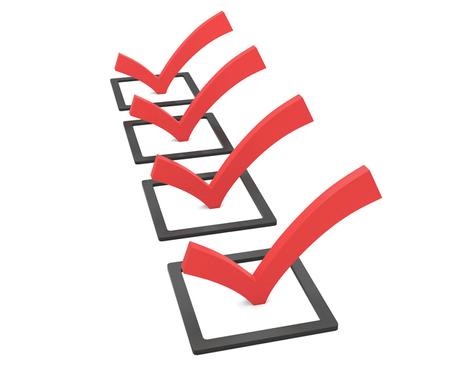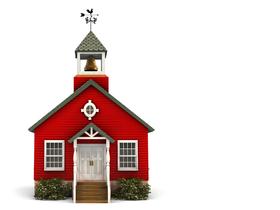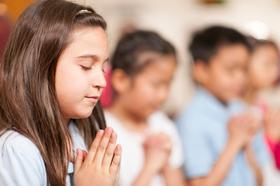5 Mistakes Parents Make When Choosing A Private School
Choosing the right private school for your child is a lengthy process. I want you to achieve the success that you deserve without making these common mistakes other parents have made.
1. Choosing a school that is not a good fit
You know your child better than anybody. Never forget that as you begin the processof choosing a school for your child. As you look at school websites, don't be distracted by those beautiful, professionally-produced presentations. Schools will show you what they want you to see. That's not a bad thing; however, those websites may not necessarily address your specific needs and requirements. Many times, while researching schools, you will receive false positives. It's hard not to be impressed by beautiful photos of a campus and its buildings, particularly if it is an older school with impressive grounds and architecture. But don't let cosmetics take your attention away from what is truly important, namely, the curriculum, the sports programs, and the extracurricular activities. Always ask yourself, "How does School X blend these three important components so my child will benefit from attending this school?"
As Geri Coleman Tucker wisely observes in 5 Mistakes Parents Make When Picking a School, "Sure, you want to pick a school that is clean and attractive, with all the newest technology. But remember that looks aren’t everything. Some schools might not have the latest and greatest equipment. But they


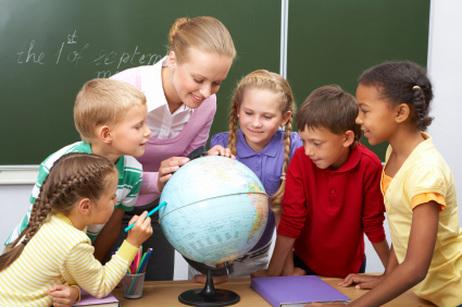
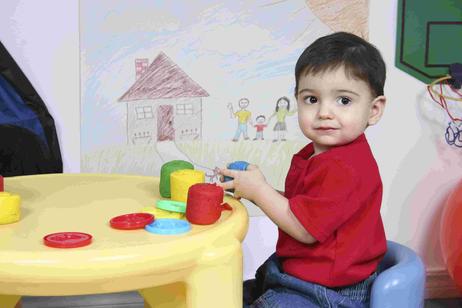
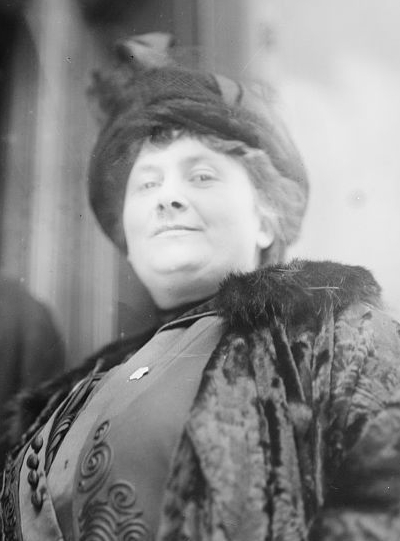 Dr. Maria Montessori (1870-1952) was born and raised in Italy. She came from a family of modest means. Her father did not approve of his daughter's desire to be educated much less to become a doctor. Women didn't do such things back at the end of the 19th century. Despite the many obstacles which stood in her way Maria earned her degree from the University of Rome in 1896. Her specialty was pediatric medicine.
Dr. Maria Montessori (1870-1952) was born and raised in Italy. She came from a family of modest means. Her father did not approve of his daughter's desire to be educated much less to become a doctor. Women didn't do such things back at the end of the 19th century. Despite the many obstacles which stood in her way Maria earned her degree from the University of Rome in 1896. Her specialty was pediatric medicine.
